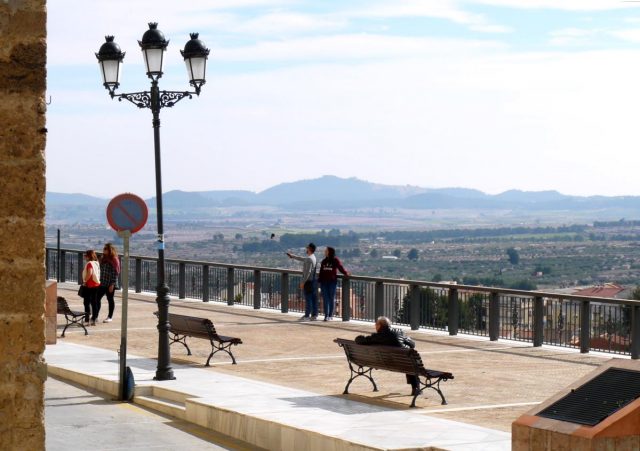Travel and tourism is already one of the largest, yet also one of the fastest growing global industries. It was estimated to account for about 10% of global GDP in 2017. Entire regions depend on the arrival of tourists, like Bali or Southern Portugal. Since the world is changing, travel is changing. Here are five megatrends that are shaping the way the world travels in the near future.

The five megatrends have been identified by WTTC (World Travel & Tourism Council) and Bloomberg Media. WTTC is an organization that represents the Travel & Tourism private sector globally.
The travel and tourism megatrends 2019 according to the WTTC report are as follows.
1. Reality, Enhanced
Anywhere, anytime connectivity that allows access to information, communities and services have led to an experience-driven world that only 20 years was pure science fiction.
Today, it is reality. For some people, it can be harsh reality that has gone a step too far. Digital detox and unplugging from social media, or from the internet altogether for awhile is a real option for stressed minds. New travel products and services can help people who experience anxiety because of their digital habits. It doesn’t have to mean a year on an isolated island, but a trek to a mountain, or a bicycle trip around Lake Geneva. Additionally, wellness and travel have a close relationship that both industries are rapidly developing.
2. Life, Restructured
Work, especially knowledge work, is expected to change dramatically in the near future. Not only because of artificial intelligence (AI), but because of the so called gig economy. People want to work remotely and it already has a big impact on life, commute and travel.
As much as 50% of the workforce in the US is expected to be freelancers by 2027. Many of them – not all – have skills that they can sell to clients while they are actually staying at home, or on the other side of the world. Digital nomads started the trend of traveling and working years ago. Now, both young adults and seasoned knowledge workers are trying the life of a connected nomad.
3. Data, Revolutionised
Automatic collection of data is familiar for all of us because of companies like Facebook and Google. They have been criticized for their collection and of archiving private data for business purposes. Internet of Things (IoT) technologies are connecting fridges, lamps, door bells and practically everything else to the network so that we can monitor and control our homes, police can monitor streets, and Facebook and Google everything.
Travel businesses and officials are also collecting private data from travelers. For businesses, it is a way of learning more about their customers and a way for governments to secure borders. The collection of data will increase – there is no stopping it. It is up to travel businesses to apply the rules of the Europe’s GDPR and respective laws in other regions that are already being prepared across the world.

4. Power, Redistributed
The economic power and demographic power is shifting to the East. Pretty quickly. China’s GDP is expected to overtake the US by late 2020s. But it is not only about China: also India, Brazil, Russia, Indonesia, Mexico and Turkey are forecasted to grow strongly and comprise 50% of global GDP within the next 30 years.
China has been identified in specific markets, such as in Rovaniemi, Lapland years ago as the number one priority. Years ago, Nordic airline Finnair positioned itself as the hub between Asia and Europe. Today, everyone who has traveled in popular destinations in Europe recently has witnessed large groups of Chinese selfie-takers at all key sights.
5. Consumption, Reimagined
Years of talk of tourism causing pollution and breaking sensitive ecosystems has led to initiatives like sustainable tourism and ethical travel. Some travelers even try to compensate their air miles by reducing their carbon footprint by other means. This is an opportunity for travel businesses that can offer nature-friendly products.
Overtourism – although not discussed in the report – is a serious concern for regions that are getting so many travelers that their way of life and identity are at risk. Venice and Barcelona are examples of cities that are already finding ways to balance the needs of locals and travelers.
The WTTC report concludes that
– Tomorrow’s traveller is not the same as a traveler today. More personalization, enrichment of experiences and autonomy will be required in travel products and services.
– Travel businesses are going to have to deliver authentic experiences to tourists. Some of the experiences are likely to be enhanced by technology, like AR (augmented reality).
– Travel industry will capitalise on new trends, business models and technologies. Businesses that don’t adopt will be left behind. An example is electric vehicles that can assist both locals and visitors to move around in urban environment easily and without polluting the air.
